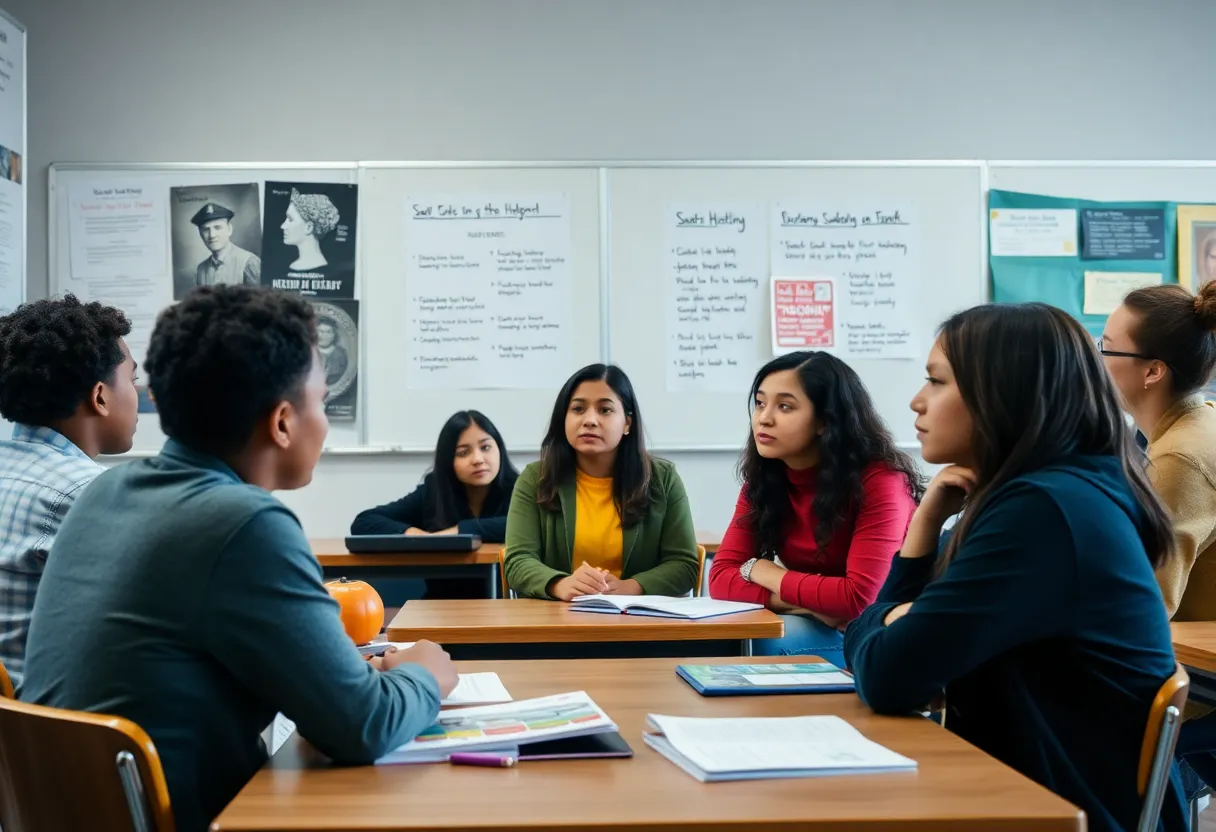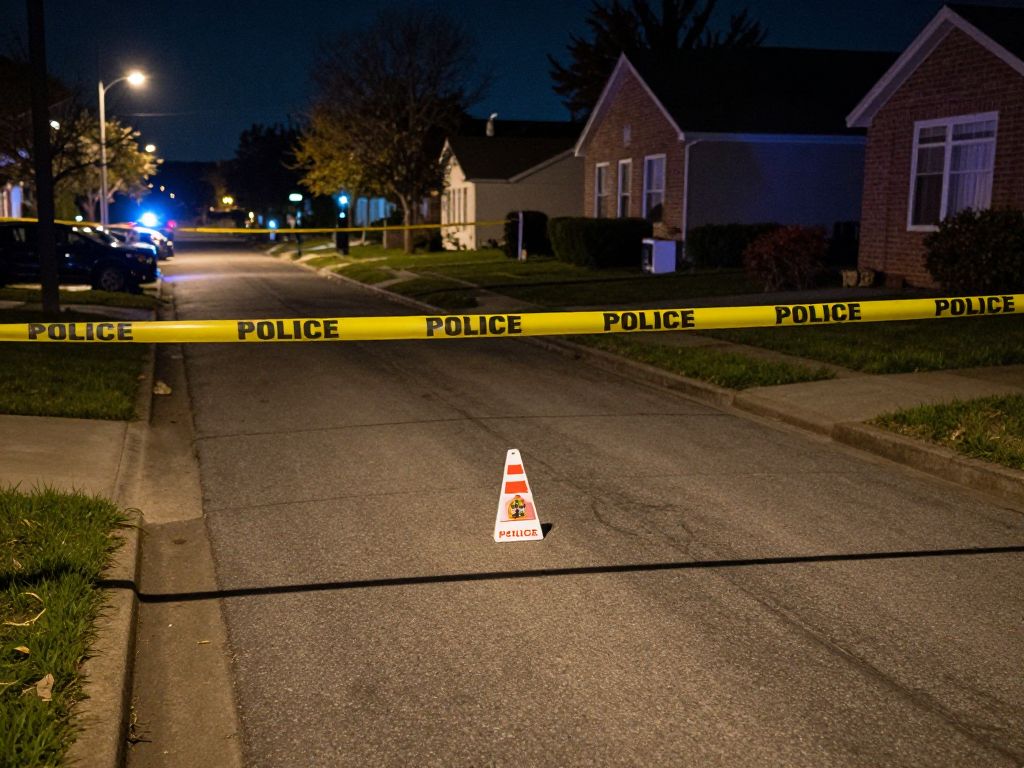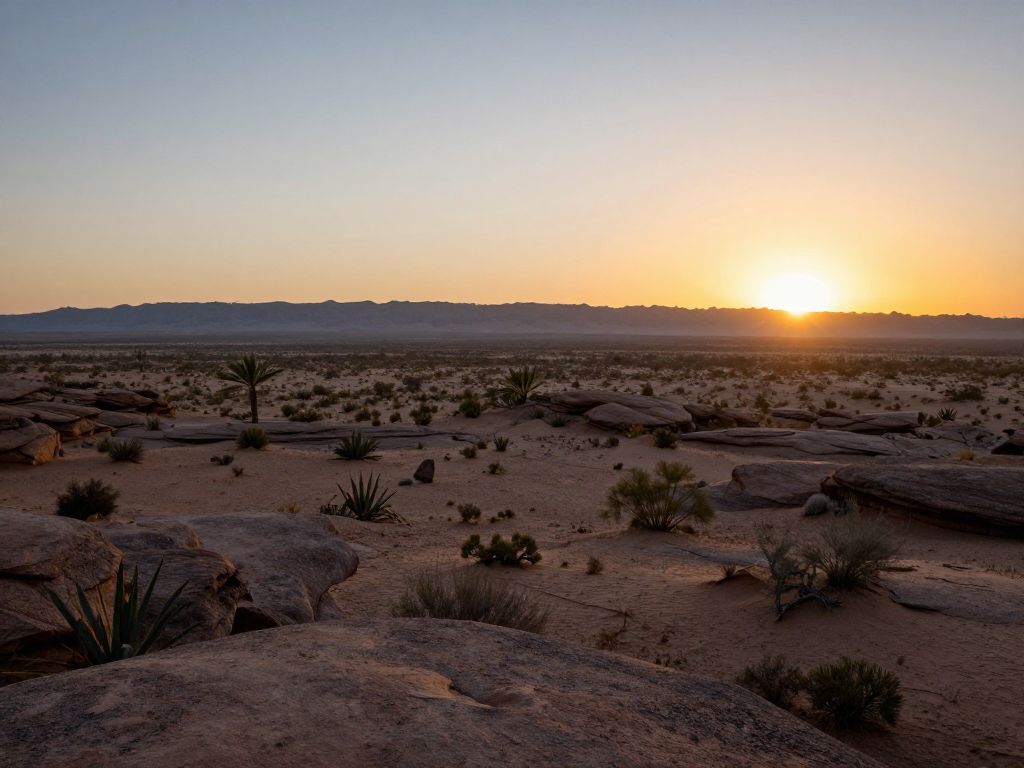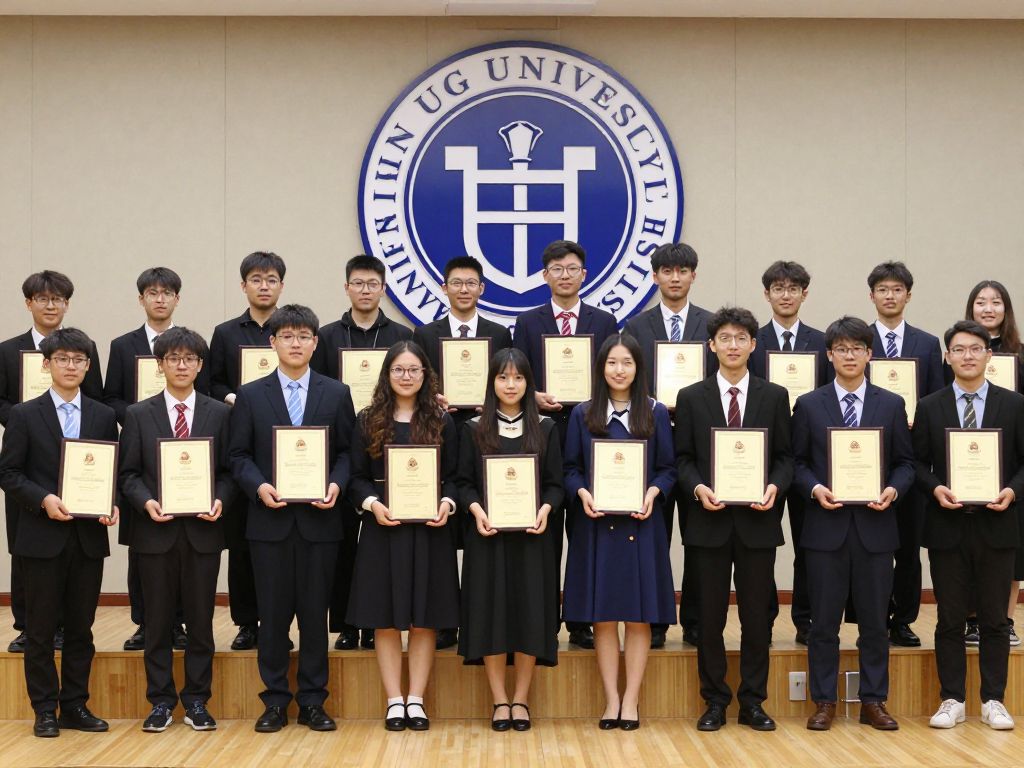News Summary
Arizona’s Governor Katie Hobbs has vetoed House Bill 2867, which aimed to prohibit the teaching of antisemitism in public educational institutions. Concerns were raised about the bill’s impact on educators and its ability to foster a hostile environment. The governor emphasized the importance of addressing antisemitism through existing mechanisms rather than imposing liability on teachers. The legislation had gathered bipartisan support but faced criticism for potentially limiting educational discourse on sensitive topics, including the Holocaust. The veto highlights ongoing tensions in educational settings regarding the teaching of controversial subjects.
Arizona Governor Katie Hobbs has officially vetoed House Bill 2867, a legislative proposal that aimed to ban the teaching of antisemitism in public K-12 schools, colleges, and universities. The veto was issued due to concerns over the bill’s potential impacts on educators and its broader implications for educational discourse.
The bill mandated a prohibition on educators teaching or promoting antisemitism, along with a requirement that referred to creating a hostile educational environment. This included actions that could lead to calls for genocide or requiring students to promote antisemitic views. A critical component of the proposal was that it would expose educators to lawsuits and disciplinary actions for alleged violations. Under the proposed law, educators could face personal liability for damages if they were found in breach of its terms.
Governor Hobbs emphasized that the legislation appeared more focused on targeting teachers than on effectively combating antisemitism. She criticized the unacceptable level of personal liability imposed on educators, asserting that it set a troubling precedent specifically for public school teachers while exempting private school staff from similar scrutiny. The bill had garnered some bipartisan support, passing the Arizona legislature with a 33-20 vote, including backing from several Democratic lawmakers.
The decision to veto the bill came on the heels of existing mechanisms allowing students and parents to report incidents of antisemitism to the state’s Board of Education. The governor affirmed her commitment to addressing hate and antisemitism through these established channels rather than enacting the bill.
Legal Implications for Educators
Under the proposal, students aged 18 and over, along with parents of younger students, could initiate lawsuits against educators for creating what would be deemed a hostile educational environment. The legislation included a tiered punishment system for K-12 teachers, ranging from reprimands to potential revocation of teaching certificates for repeated offenses. For college and university educators, the penalties could escalate to suspension without pay or even termination. Additionally, the bill stipulated that violations would negatively impact employment or tenure decisions for educators.
Public educational institutions would also face restrictions; they would be barred from recognizing student organizations promoting antisemitism or hosting related guest speakers. Critics of the bill voiced concerns that the vague definitions of what constitutes antisemitism could suppress vital discussions about related historical issues, including the oppression of Palestinians and the Holocaust.
Response to Rising Antisemitism
The veto occurs amid reports of a notable rise in antisemitic incidents across the United States, reaching the highest levels since tracking began 46 years ago. This increase in antisemitism has prompted similar legislative proposals in other states aiming to address these concerns. Nevertheless, advocacy groups expressed fears that the vetoed legislation would have restricted essential educational discussions, including those concerning the Holocaust and its historical context.
Efforts to amend the bill to broaden its scope to encompass other forms of discrimination were unsuccessful, highlighting the political complexity surrounding discussions of antisemitism in educational settings. Lori Shepherd, the executive director of the Tucson Jewish Museum & Holocaust Center, raised alarms about the legislation’s potential to undermine the ability of educators to adequately teach about the Holocaust.
In summary, Governor Hobbs’ veto of House Bill 2867 reflects ongoing tensions regarding the teaching of sensitive topics within Arizona’s educational landscape. While the bill aimed to tackle antisemitism, concerns over its implications for teacher liability and educational discourse ultimately led to its rejection.
Deeper Dive: News & Info About This Topic
- CBS News
- Wikipedia: Antisemitism
- AZ Family
- Google Search: antisemitism education lawsuits
- AZ Mirror
- Google Scholar: antisemitism in education
- KTAR News
- Encyclopedia Britannica: Antisemitism
- AZ Central
- Google News: Arizona antisemitism bill

Author: STAFF HERE PHOENIX WRITER
The PHOENIX STAFF WRITER represents the experienced team at HEREPhoenix.com, your go-to source for actionable local news and information in Phoenix, Maricopa County, and beyond. Specializing in "news you can use," we cover essential topics like product reviews for personal and business needs, local business directories, politics, real estate trends, neighborhood insights, and state news affecting the area—with deep expertise drawn from years of dedicated reporting and strong community input, including local press releases and business updates. We deliver top reporting on high-value events such as the Waste Management Phoenix Open, Cactus League Spring Training, and Arizona State Fair. Our coverage extends to key organizations like the Greater Phoenix Chamber of Commerce and Visit Phoenix, plus leading businesses in technology and healthcare that power the local economy such as Intel and Banner Health. As part of the broader HERE network, including HERETucson.com, we provide comprehensive, credible insights into Arizona's dynamic landscape.





